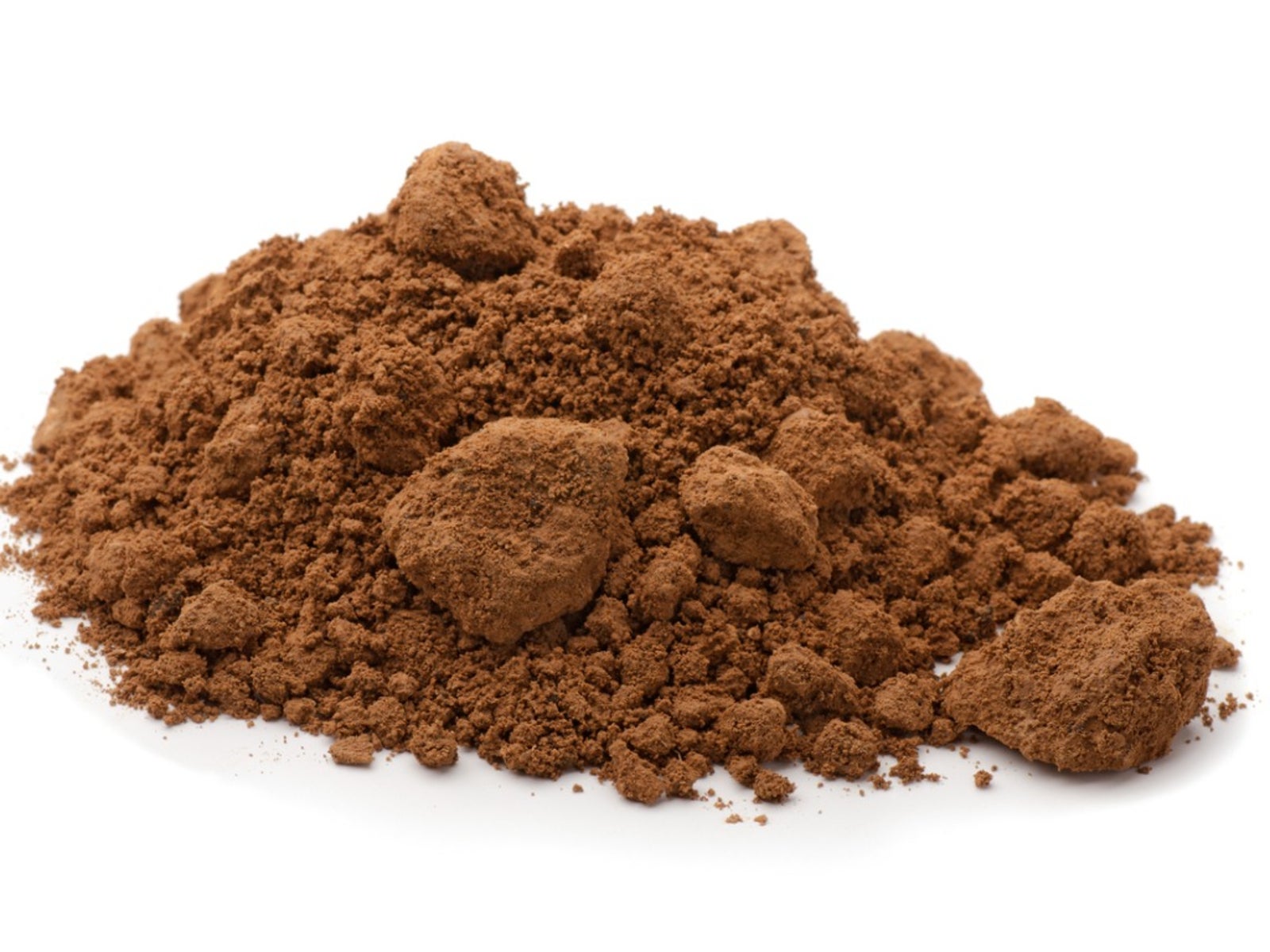How To Tell If Your Soil Is Clay


Before you start to plant anything in the ground, you should take the time to determine what kind of soil you have. Many gardeners (and people in general) live in areas where the soil has a high clay content. Clay soil is also commonly referred to as heavy soil.
How to Tell if Your Soil is Clay
Figuring out if you have clay soil starts with making a few observations about your yard. One of the easiest things to take note of is how your soil acts in both wet and dry periods. If you have noticed that for several hours or even days after heavy rains your yard is still wet, even flooded, you may have an issue with clay soil. On the other side, if you have noticed that after prolonged periods of dry weather, the ground in your yard tends to crack, than this is another sign that the soil in your yard might have a high clay content. Something else to take note of is what kinds of weeds are growing in your yard. Weeds that grow very well in clay soil include:
If you are having problems with these weeds in your yard, this is another sign that you may have clay soil. If you feel that your yard has any of these signs and you suspect you have clay soil, you can try some simple tests on it. The easiest and most low tech test is to take a handful of damp soil (it is best to do this a day or so after it has rained or you have watered the area) and squeeze it in your hand. If the soil falls apart when you open your hand, then you have sandy soil and clay is not the issue. If the soil stays clumped together and then falls apart when you prod it, then your soil is in good condition. If the soil stays clumped and doesn't fall apart when prodded, then you have clay soil. If you're still not sure whether you have clay soil, it might be best to take a sample of your soil to your local extension service or a high quality, reputable nursery. Someone there will be able to tell you if your soil is clay or not. If you do find out that your soil has a high clay content, don't despair. With a little work and time, clay soils can be corrected.
Gardening tips, videos, info and more delivered right to your inbox!
Sign up for the Gardening Know How newsletter today and receive a free copy of our e-book "How to Grow Delicious Tomatoes".

Heather Rhoades founded Gardening Know How in 2007. She holds degrees from Cleveland State University and Northern Kentucky University. She is an avid gardener with a passion for community, and is a recipient of the Master Gardeners of Ohio Lifetime Achievement Award.